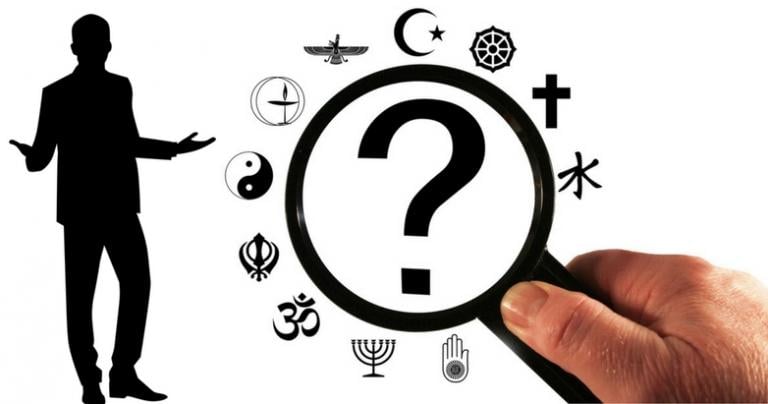
Should spiritual writings be critical of spirituality? This is a question I have struggled with for years. It may seem like an inconsequential question, but I can assure you, both as an author of spiritual books and a voracious reader, it is not.
What Do Spiritual Writings Criticize?
Spiritual writings tend to be critical of the ‘modern world’ (this is true of all time periods; for example, I have read critiques of a ‘fast-paced world’ from the 1800’s that could be true today). Yet, most such writings are not critical of spirituality itself, as they rarely tackle the upsides and downsides of other approaches in their category.
“Is there anything wrong with that?” you may ask. “Aren’t spiritual writings supposed to be inspirational and uplifting?”
My answer would be both yes and no. There is nothing inherently wrong with writing in an uplifting tone. Nevertheless, we have to admit that every form of human endeavor is bound to degrade and become contaminated with time if vigilance is not maintained.
Critique is a BS Meter
The scientific community understands this principle. A vigorous critique is part of the scientific process. The downside, as many of my academic friends have admitted, is that incessant critiquing sometimes creates a negatives atmosphere and friction among peers. The upside is that critique is an awesome BS meter. Spiritual paths and the world’s religions could benefit from having a similar approach.
The Emperor’s New Clothes
Unfortunately, a majority of those who criticize religion and spirituality are outsiders and their critiques are often leveled at the very existence of both of those elements in our society. That is one reason why critique is discouraged in spiritual and religious circles.
Another reason is that a critical environment (one in which people are encouraged to think and question) could expose the fact that the emperor has no clothes. This could be true on many levels, from the fact that numerous spiritual and religious ideas are built on fragile mythic philosophies to the fact that many self-proclaimed gurus and mystics lack the spiritual authority that they claim to have.
What is Gained by Critiquing?
My goal, when I write critically about spirituality, is not to hurt anyone’s feelings—although that can’t be completely avoided since people’s feelings are hurt when anyone criticizes an ideology that they have invested heavily in—but rather to initiate a conversation about what we as spiritual seekers can do better. However, I don’t criticize religion much for a simple reason; I haven’t been part of that world for as long as I have been part of the spiritual-but-nonreligious world. I believe that for a critique to be heard it must come from the inside (from people who believe in the same way) and it must be aimed at something that can be changed (future-oriented).
Being Perceived as Better Than…
Over the years I have gotten the feeling that spiritual teachers, as a group (of which I have been a part), want to be seen as somehow above the culture they live in. In order to appear holier than they are, they don’t participate in government or politics, they don’t show any regard for popular culture, such as music or movies, and they never show their true feelings (if they can get away with it).
That is a problem because it takes their humanity away and limits civic participation. If our pluralistic spiritual culture wants to avoid being outed for wearing the emperor’s new clothes, then maybe it is time to embrace a culture of respectful internal critique. Maybe it is time for those who teach spirituality, and write about it, to show their humanity, to step off their imaginary pedestal, and to embrace a communal discourse that includes hard questions.
Gudjon Bergmann
Interfaith Minister, Author, and Speaker
Founder of Harmony Interfaith Initiative
Follow me on Facebook and Twitter
Pictures: CC0 License
















